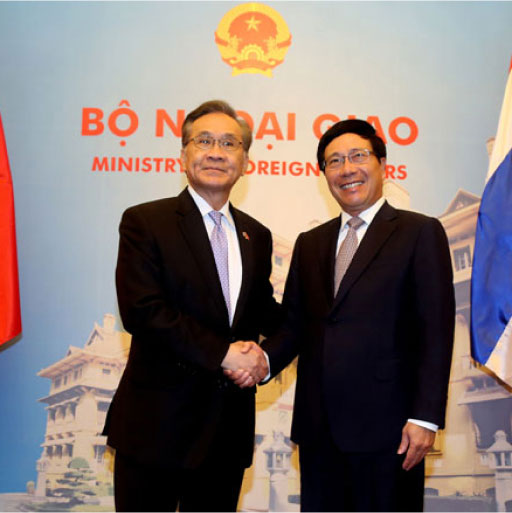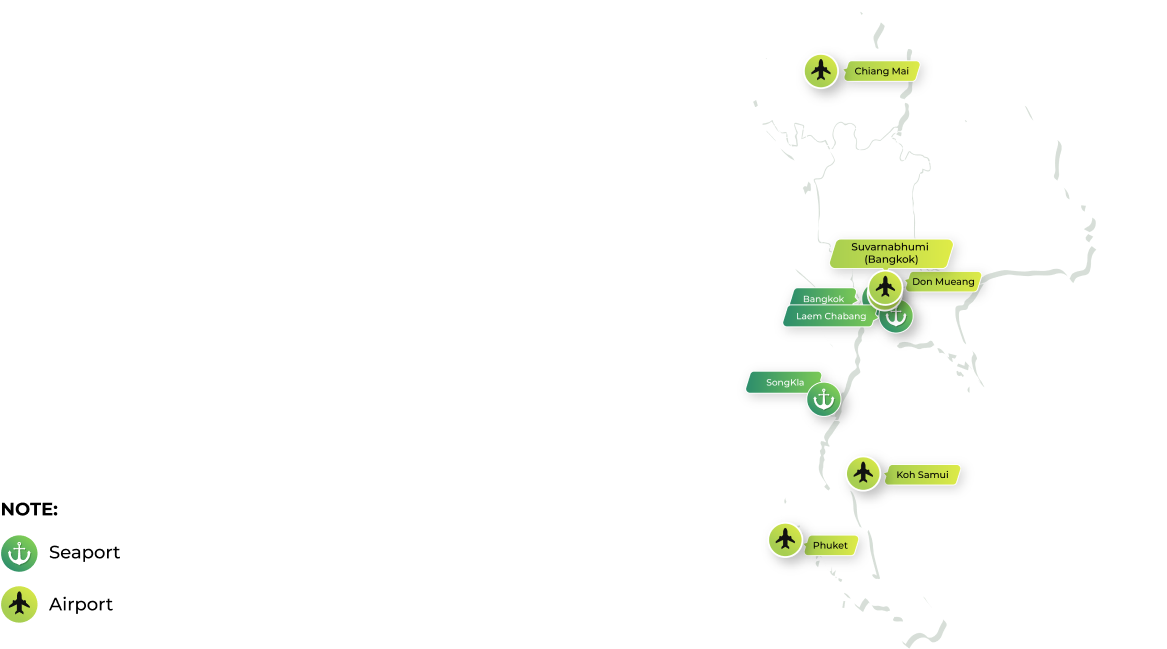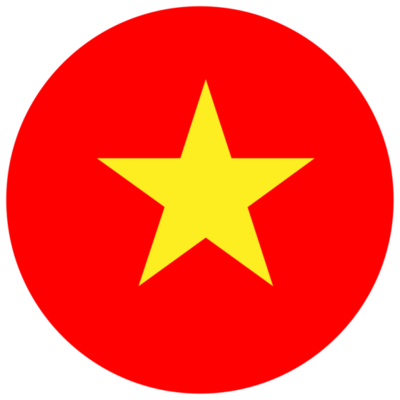Vietnam and Thailand Trade Relations

The overall situation
Vietnam and Thailand have worked together to establish a strategic partnership from 2013 – 2023. Both countries have quickly promoted practical and effective areas of cooperation for the people of the two countries. water. The total value of vehicle trade turnover has reached 3 billion USD in February 2023. Of which, export turnover from Vietnam to Thailand has increased by 12.4% compared to 2022, reaching 1.2 billion USD. In the opposite direction, the export value will decrease by 15.2%, reaching 1.8 billion USD in 2022. It is expected to soon reach 25 billion USD in the near future.
Update: 21/09/2023 I Source: https://www.baotintuc.vn/
Quan hệ thương mại
With the commemoration of 10 years of cooperation and the establishment of a Strategic Partnership, Vietnam has proposed that the government agencies of both countries enhance coordination and promote the ‘Three Connects’ initiative.
This includes connecting supply chains, connecting economic systems, businesses, and localities. In addition, the government continues to prioritize cooperation in education and training, tourism, and cultural exchanges, while maintaining close collaboration with multilateral mechanisms, especially the Association of Southeast Asian Nations (ASEAN).
Update: 07/08/2023 I Source: https://www.vneconomy.vn/
Main Seaport/Airport

Types Of Shipping Modes
The types of cargo transportation between Vietnam and Thailand include:
By sea
- Full Container Load (FCL) transportation
- Less-than-container Load (LCL) transportation
DELIVERY TIME
Shipping time is 2 – 7 days, depending on the departure and arrival ports. You can refer to the following routes:
- HPH – BKK: 7 days
- HCM – BKK: 3 days
- HCM – LCH: 2 days
- HPH – LCH: 5 days
By air
- Air cargo
- Express
DELIVERY TIME
Shipping time is from 1 – 3 days, depending on the type of shipping service

By road
- Transportation by container trucks, vans, or medium-sized trucks
DELIVERY TIME
Transport time is 4-5 days
Requirements for importing into Thailand

Requirements for electronic products
- Products need to meet standards licensed by the Thai Industrial Standards Institute
- Products need to have a certificate of origin to determine their origin

Requirements for mineral products
- Products need to have documents proving their origin from authorities to determine their origin
- Minerals need to meet technical and environmental standards prescribed by Thailand

Requirements for agricultural products
- Imported agricultural products need to comply with food safety regulations
- Imported products will have to undergo customs inspection and quarantine at the import port

Requirements for labels and packaging
- Pay attention to the quality of packaging and packaging to preserve goods according to standards when imported into the domestic market
- Need to grasp the tastes, preferences, and consumption habits of Thai people such as preference for processed products, packaged in many sizes



 Tiếng Việt
Tiếng Việt